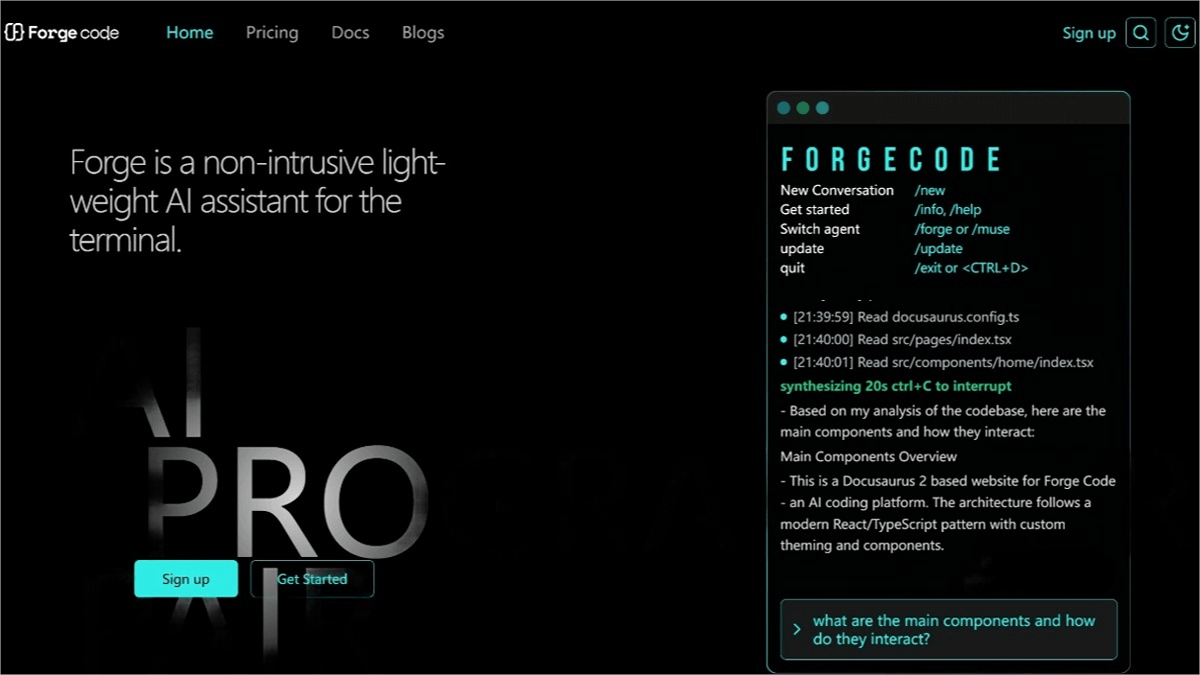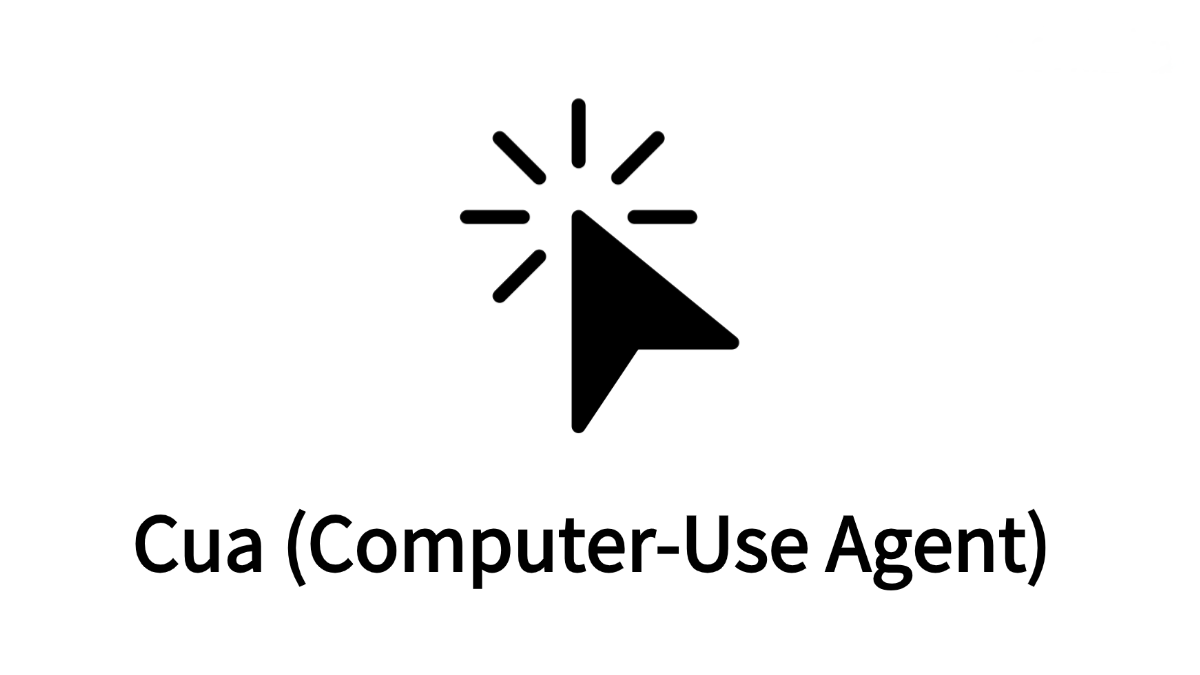AutoAgent – An AI Agent Framework Launched by HKU for Zero-Code Creation of Intelligent Assistants
What is AutoAgent?
AutoAgent is a zero-code, automated LLM intelligent agent framework launched by the University of Hong Kong. Based on natural language interaction, it allows users to create intelligent assistants without programming, suitable for scenarios such as intelligent search, data analysis, and report generation. The core features of AutoAgent include three usage modes: User Mode, Agent Editor, and Workflow Editor, catering to the needs of different users. AutoAgent supports multiple LLM models, features simple installation and deployment, and provides Docker support. AutoAgent performs excellently in the GAIA benchmark test and serves as an open-source alternative to Manus and Deep Research.

The main functions of AutoAgent
- Three usage modes:
◦ User Mode: Users can directly experience features such as intelligent web search, data analysis, and information processing without any configuration.
◦ Agent Editor: Configure the AI assistant through dialogue, adjusting parameters, instructions, and task logic without the need for coding.
◦ Workflow Editor: Use natural language to describe tasks, create automated workflows, and let AI agents execute complex tasks. - Dual Interaction Modes:
◦ ReAct Mode: The AI dynamically adjusts strategies, suitable for complex reasoning tasks.
◦ Function Call Mode: The AI calls APIs or databases to complete specific tasks, such as online searching, data querying, etc. - Built-in self-managed vector database:
◦ Long-term AI memory: The AI can remember past interactions, enhancing its contextual understanding ability.
◦ Retrieval-Augmented Generation (RAG): The AI retrieves information from the local database, improving accuracy.
◦ Data-driven AI: The AI agent can learn and optimize its own strategies, enhancing task processing capabilities.
The Technical Principles of AutoAgent
- Natural Language-Driven Multi-Agent Construction: The Agent Profiling Agent analyzes user needs and generates structured agent forms. The Tool Editor Agent creates tools based on the requirements, supporting third-party API integration. The Agent Editor Agent creates agents based on the forms and supports multi-agent collaboration.
- LLM Power Action Engine:Direct Tool-Use Paradigm Generate the next action directly using the tool-using ability of LLM.Transformed Tool-Use Paradigm: Transform tool usage into a structured XML code generation task, parse it and then execute it.
- Self-managing File System: The vector database converts files into a vector database, supporting efficient retrieval. The tool automatically stores files in the vector database, supporting multiple file formats.
- Self-developed Agent Customization: Converts natural language requirements into executable agents and tools. Based on self-debugging and optimization, it generates efficient agents and workflows.
- Multi-agent Collaboration: The Orchestrator agent decomposes tasks and assigns them to Worker agents. Through event listening and triggering mechanisms, flexible agent collaboration is achieved.
- Technical Architecture: Agentic System Utilities provide a foundational multi-agent architecture. The LLM-powered Action Engine supports multiple LLM providers and dynamically generates actions. The self-managing file system manages user multimodal data and supports efficient retrieval. Agents are generated and optimized using natural language.
The project address of AutoAgent
- Project official website: https://autoagent-ai.github.io/
- GitHub repository: https://github.com/HKUDS/AutoAgent
- arXiv technical paper: https://arxiv.org/pdf/2502.05957
Application scenarios of AutoAgent
- Intelligent Web Search: Independently search for information on the Internet, filter and summarize key content to help users quickly obtain the information they need.
- Data Analysis and Processing: Parse data files in various formats, automatically organize and generate detailed data analysis reports.
- Automatic Report Generation: Generate professional-level reports, such as market research or industry analysis, based on user requirements or data input.
- Intelligent AI Agent: Independently perform various tasks, such as searching for information, sending emails, and processing documents, to improve work efficiency.
- AI Office Assistant: Automatically organize schedules, emails, and task lists, provide intelligent reminders, and optimize office processes.
© Copyright Notice
The copyright of the article belongs to the author. Please do not reprint without permission.
Related Posts

No comments yet...



